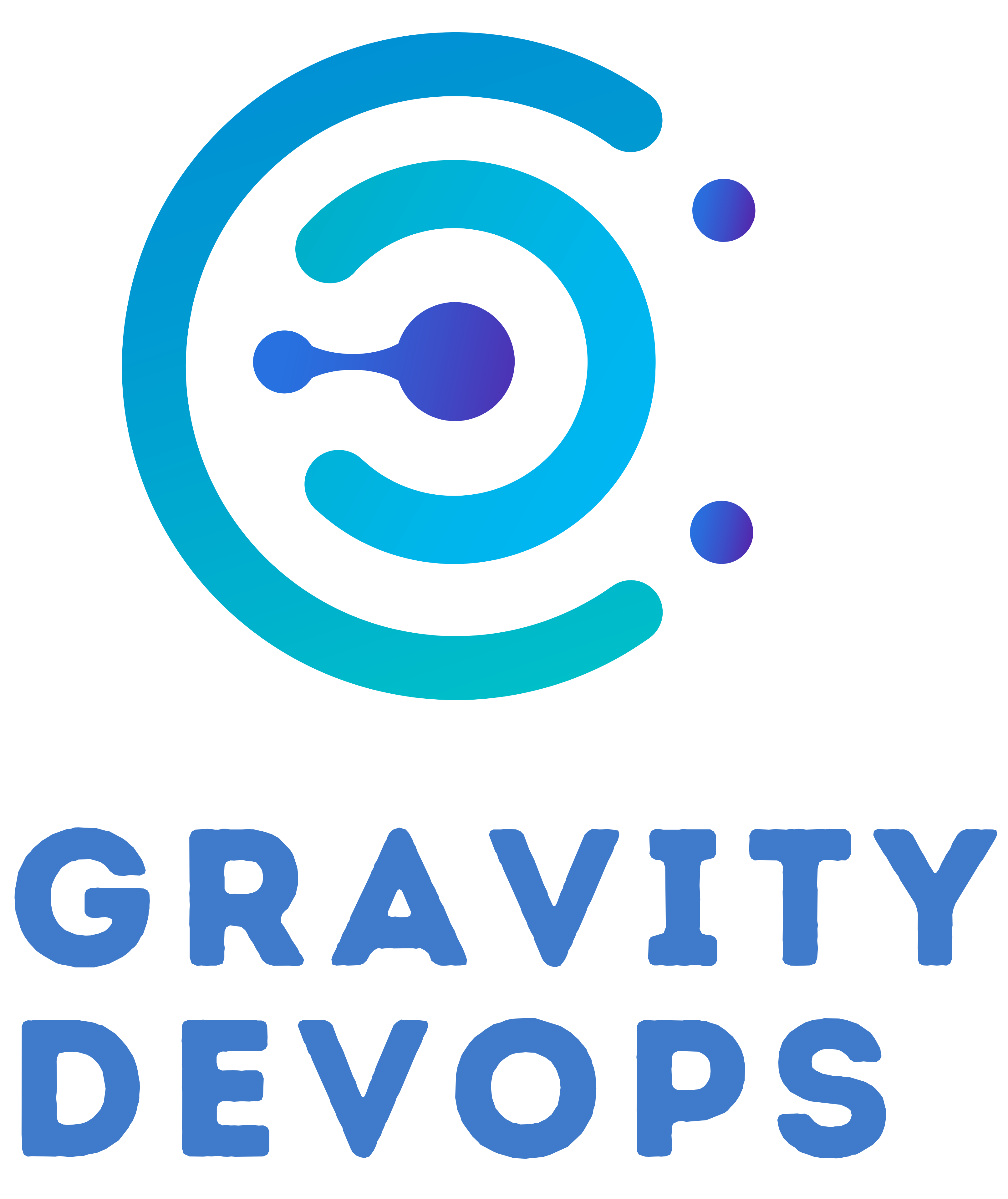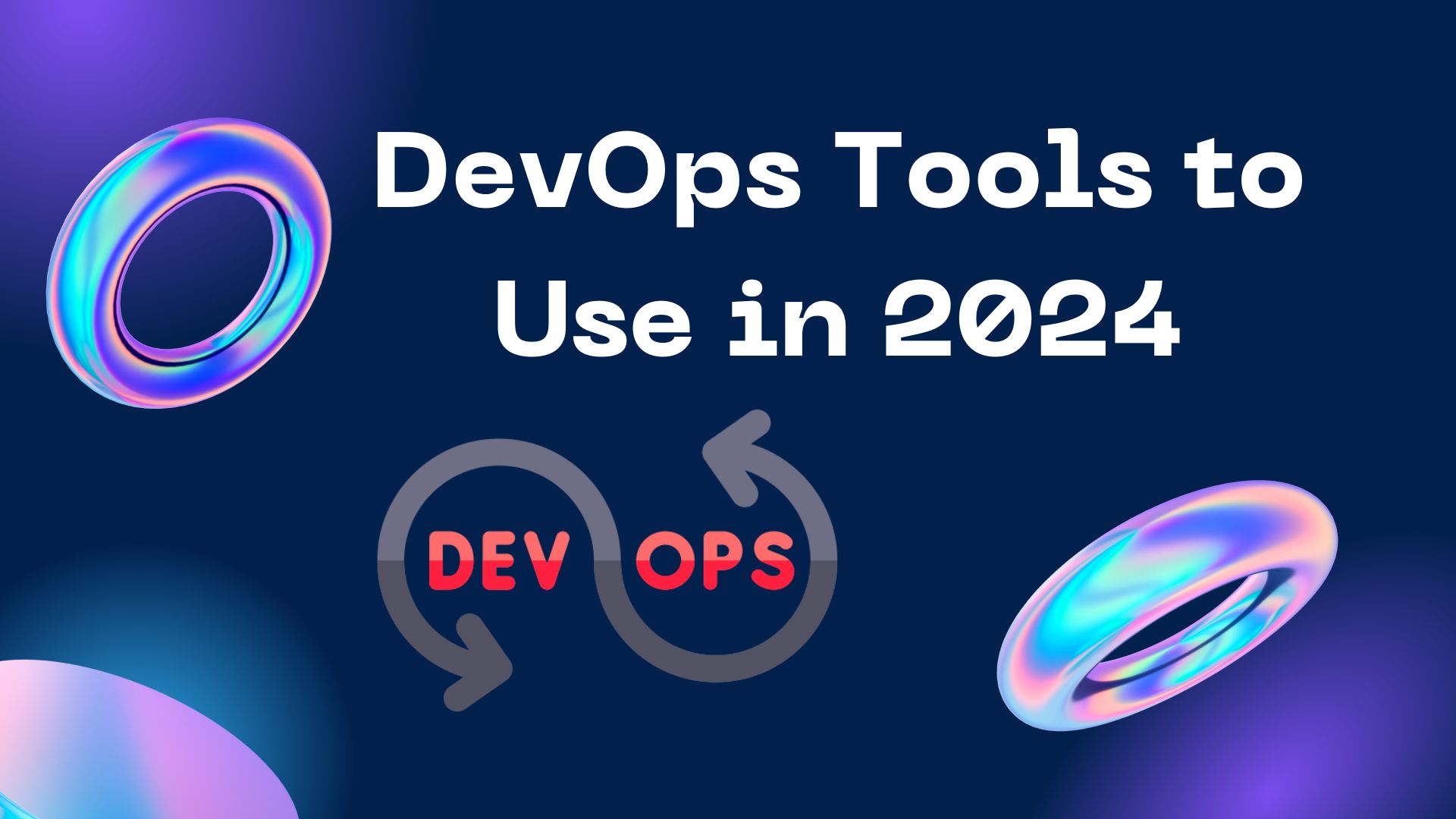Introduction:
DevOps is a crucial practice that combines software development and IT operations to streamline the delivery of applications and services. As technology continues to evolve, new tools emerge to simplify and automate various aspects of the DevOps lifecycle. In 2024, these tools will play a pivotal role in enhancing collaboration, improving efficiency, and ensuring faster time-to-market for businesses. This article explores 73 of the most useful DevOps tools that organizations should consider adopting to stay ahead of the curve.
- Git (Version Control)
- GitHub/GitLab/Bitbucket (Git Repositories)
- Jenkins/Travis CI/CircleCI (Continuous Integration)
- Kubernetes/Docker/Rancher (Container Orchestration)
- Ansible/Puppet/Chef (Configuration Management)
- Terraform/CloudFormation (Infrastructure as Code)
- Prometheus/Grafana (Monitoring)
- ELK Stack/Splunk/Graylog (Log Management)
- Nagios/Zabbix/Icinga (Network Monitoring)
- Selenium/Appium (Test Automation)
- SonarQube/Checkmarx (Code Quality)
- Jira/Trello/Asana (Project Management)
- Slack/Microsoft Teams (Collaboration)
- AWS/Azure/GCP (Cloud Platforms)
- Istio/Linkerd (Service Mesh)
- Helm/Kustomize (Kubernetes Package Management)
- ArgoCD/FluxCD (Continuous Delivery)
- Datadog/New Relic/AppDynamics (Application Performance Monitoring)
- Dynatrace/Lightstep (Distributed Tracing)
- Keycloak/Okta/Auth0 (Identity and Access Management)
- Vault/AWS Secrets Manager (Secrets Management)
- Postman/Insomnia (API Development and Testing)
- Kibana/Grafana Loki (Log Visualization)
- Consul/Zookeeper/etcd (Service Discovery)
- Jaeger/Zipkin (Distributed Tracing)
- Spinnaker/Argo (Continuous Delivery)
- Elasticsearch/Solr/Splunk (Search and Analytics)
- Kanban Boards/Jira (Agile Project Management)
- Snyk/SonarQube (Vulnerability Scanning)
- Chaos Mesh/Litmus (Chaos Engineering)
- Minikube/MicroK8s (Local Kubernetes Development)
- Sentry/Rollbar (Error Tracking)
- Portainer/Rancher (Container Management)
- Graylog/Logstash/Fluentd (Log Collection and Processing)
- Apache JMeter/Locust (Load Testing)
- Nexus/Artifactory/ProGet (Artifact Management)
- Swagger/OpenAPI (API Documentation)
- Knative/OpenFaaS (Serverless Computing)
- Hashicorp Vault/AWS Secrets Manager (Secrets Management)
- GitLab CI/CD/Jenkins X (Continuous Integration/Continuous Delivery)
- Kube-bench/Falco (Kubernetes Security)
- Telepresence/Squash (Debugging in Kubernetes)
- Argo/Tekton (Continuous Delivery Pipelines)
- Trivy/Anchore (Container Vulnerability Scanning)
- Prometheus Operator/Thanos (Prometheus Monitoring)
- Fluentd/Logstash/Vector (Log Aggregation)
- Loki/Grafana Loki (Log Aggregation and Visualization)
- OpenTelemetry/Jaeger (Distributed Tracing)
- Calico/Cilium (Kubernetes Network Policies)
- Lens/Octant (Kubernetes Desktop Clients)
- Skaffold/Tilt (Local Kubernetes Development)
- cert-manager/external-dns (Kubernetes Ingress and SSL)
- Kubescape/Kubernetes Security Platform (Kubernetes Security Scanning)
- Kube-bench/Kubesec (Kubernetes Security Benchmarking)
- Kubevious/Inspektor Gadget (Kubernetes Visibility and Exploration)
- Automated Testing Tools (Selenium, Appium, Cypress, Playwright)
- Observability Tools (Datadog, New Relic, Lightstep, Honeycomb)
- Service Mesh Tools (Istio, Linkerd, Consul)
- Infrastructure as Code Tools (Terraform, CloudFormation, Pulumi)
- Compliance and Governance Tools (OPA, Kube-bench, Falco)
- Chaos Engineering Tools (Chaos Mesh, Litmus, Gremlin)
- Database Migration Tools (Flyway, Liquibase, Sqitch)
- API Management Tools (Kong, Tyk, Apigee)
- Feature Flag Management Tools (LaunchDarkly, Unleash, Flagsmith)
- Cost Optimization Tools (CloudHealth, CAST AI, Kubecost)
- Incident Response and Alerting Tools (PagerDuty, OpsGenie, VictorOps)
- Serverless Tools (AWS Lambda, Google Cloud Functions, Azure Functions)
- GitOps Tools (Flux, ArgoCD, Jenkins X)
- Infrastructure Provisioning Tools (Ansible, Terraform, Puppet)
- Continuous Profiling Tools (Pyroscope, Pixie, eBPF)
- Chaos Engineering Tools (Chaos Toolkit, Chaos Monkey, Gremlin)
- Security Scanning Tools (Anchore, Trivy, Snyk)
- Cloud Cost Management Tools (CloudHealth, CAST AI, Kubecost)
Conclusion:
The DevOps landscape is constantly evolving, and staying up-to-date with the latest tools is crucial for organizations to remain competitive and efficient. This list of 73 DevOps tools covers a wide range of categories, including version control, continuous integration/deployment, container orchestration, configuration management, monitoring, logging, testing, project management, and more. By leveraging these tools, organizations can streamline their DevOps processes, enhance collaboration, improve application quality, and accelerate software delivery. However, it’s essential to evaluate and choose the tools that best align with your organization’s specific needs, infrastructure, and workflow requirements.



